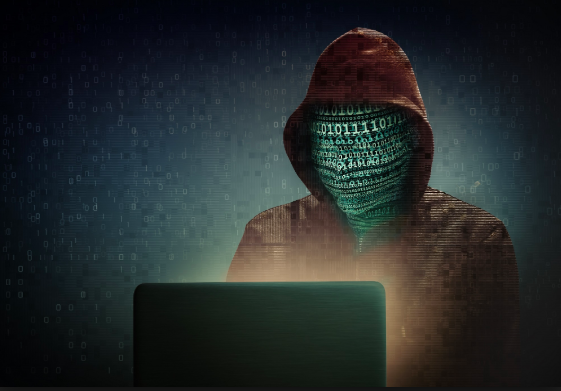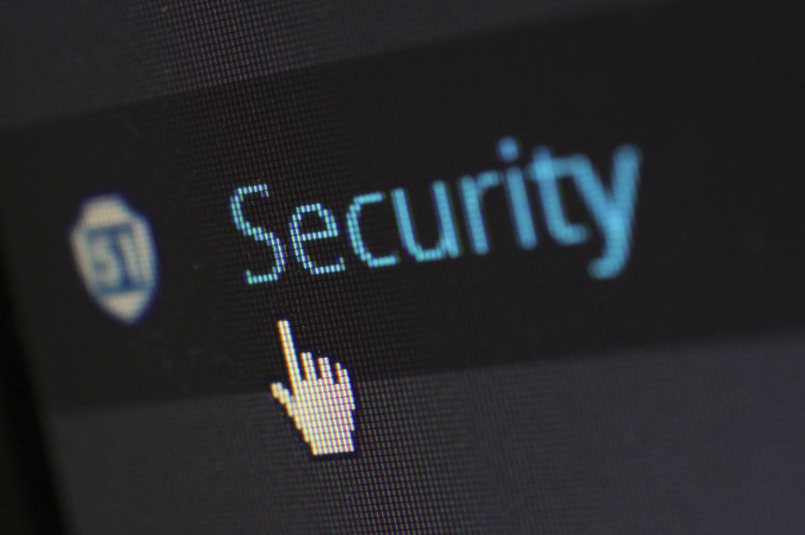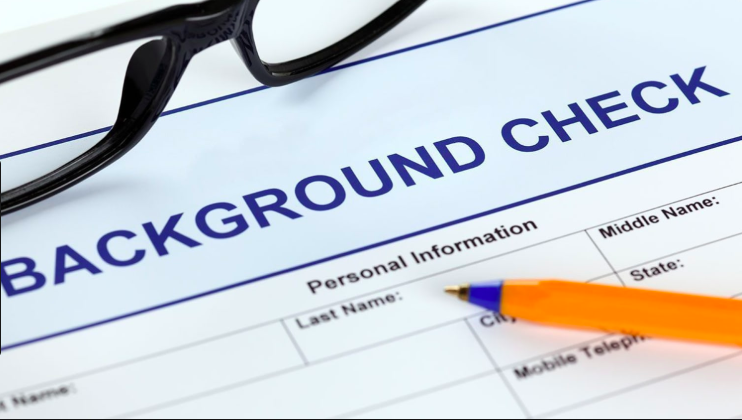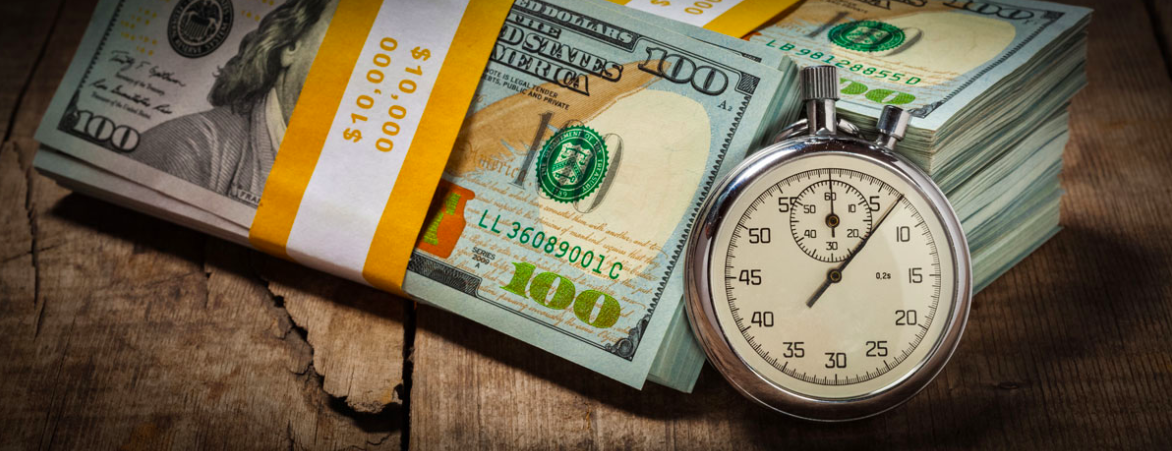aNewDomain — Commonly associated with illegal activities, shady dealings and digital black markets, the Dark Web is a part of the internet that is hidden from the prying eyes of search engines.
Its promise of total anonymity is the biggest draw for many users. It’s easy to associate wanting to remain anonymous with criminal behavior, there are some who would argue that the Dark Web is a powerful tool for navigating around internet censorship standards.
To understand the draw of the Dark Web, you need to dig a little deeper.
Internet browsing versus Dark Web usage
If you’re reading this on a standard web browser, you’re using a portion of the internet known as the surface web, or the portion that is easily crawled and understood by search engines and casual users.
It’s also true to its namesake in that it’s on the surface level of internet activities. As you start venturing into sections of the deep web, places that aren’t indexed by search engines, it’s akin to venturing into the Wild West like a frontiersman of days long gone—it’s somewhat of a lawless place.
The Dark Web itself is tucked further into the deep web and requires special networks to access, the most popular of which is known as The Onion Router (TOR), which was originally conceived for government use. The Dark Web is comprised of a string of encrypted networks that excel at concealing their users’ identities and other personal information.
These networks reroute your connection requests numerous times before you arrive at your destination. The goal is a path through the Dark Web that’s fairly untraceable.
The purpose of the Dark Web
There’s a reason that the public awareness of the Dark Web stems from its criminal goings on; It’s a haven for all manner of illegal activity, from drug trafficking to weapons deals and beyond.
Many buyers and sellers rely on the anonymity it offers and conduct purchases in Bitcoin and other similar cryptocurrencies to avoid being traced. From lone wolf individuals to entire cartels, people are finding uses for the dark web.
It’s also a popular tool for circumnavigating state censorship laws and government-imposed internet restrictions as a result of the freedoms it provides to its users.
For instance, a user in a country that heavily censors internet usage might rely on the dark web to access sites that many Americans consider to be general internet privileges.
It’s certainly a flawed method for dodging restrictive access legislation, but it’s growing in popularity.
Is it safe to access the Dark Web?
While it’s fairly simple to access the Dark Web nowadays, it isn’t a wise idea for the casual user. Unindexed sites tend to be plagued with malware and there’s always the potential for coming across the occasional shady individual.
For every instance of someone safely accessing the Dark Web, there are plenty more stories of identity theft, malware injections, and user monitoring that take place. If you must gain access to any information in these networks, it’s best to use Dark Web monitoring tools to get the job done.
It’s hard to say whether Dark Web usage will ever be seen in a positive light. Though it does have some benefits for users in restricted locations, the fact that it’s used to facilitate criminal activity makes it a primarily unsavory place.













